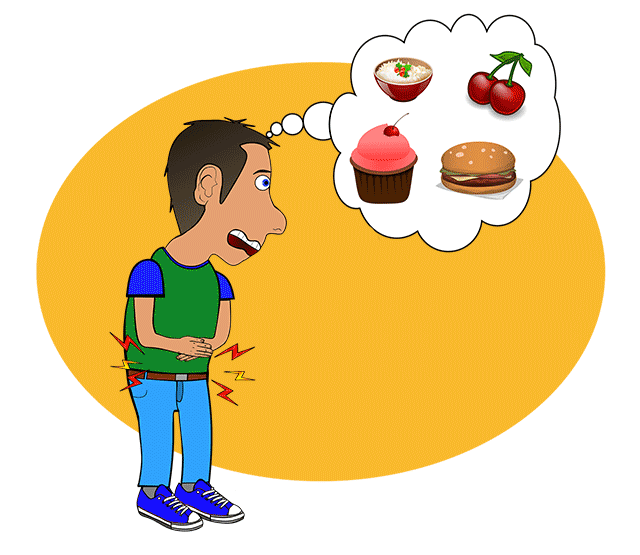The Caloric Restriction Diet is an eating pattern that involves reducing the amount of food consumed in order to achieve a lower caloric intake than the body requires to maintain its current weight. While weight loss will undoudtedly occur using this diet, it is not the sole purpose of following this eating pattern. The primary goal of the diet is to extend lifespan, slow the aging process, and reduce the risk of age-related diseases.
The Caloric Restriction Diet typically involves reducing calorie intake by 20-30% below normal daily calorie requirements, while still ensuring adequate nutrient intake. This can be achieved by reducing portion sizes, choosing foods that are lower in calories, and limiting high-calorie foods such as sugary drinks and processed foods.
The Caloric Restriction Diet offers several benefits, including weight loss, reduced inflammation, increased longevity, and improved insulin sensitivity. By reducing calorie intake, individuals can achieve a lower weight and reduce the risk of obesity-related diseases. Additionally, caloric restriction has been shown to improve insulin sensitivity and reduce inflammation, leading to a reduced risk of age-related diseases.
However, following the Caloric Restriction Diet is not without danger. You woul dbe at risk of nutrient deficiencies, be prone to hunger and cravings, have reduced energy levels, and disordered eating. Careful planning and consultation with a healthcare professional are important to ensure that nutrient needs are met and that the diet is safe and sustainable in the long-term.
Related Pages
- Guide to Analyzing Diets
- Fasting for Weight Loss - a question answered
- How to Combine Intermittent Fasting and Weight Training for Maximum Results
- Intermittent Fasting and Diabetes Control
- More diets analyzed
- Weight Loss Home



 Current Events
Current Events